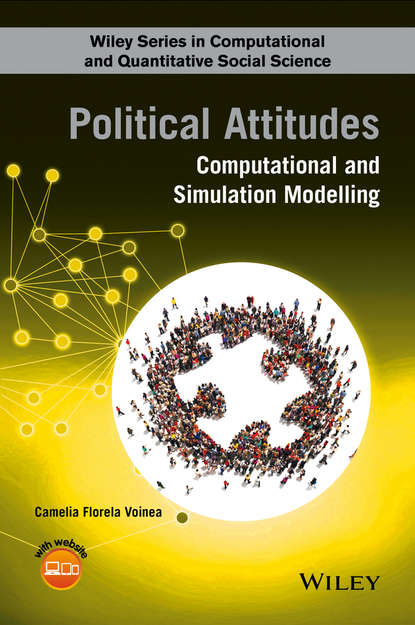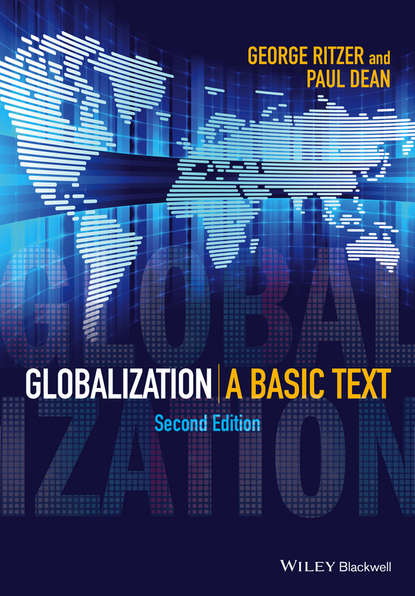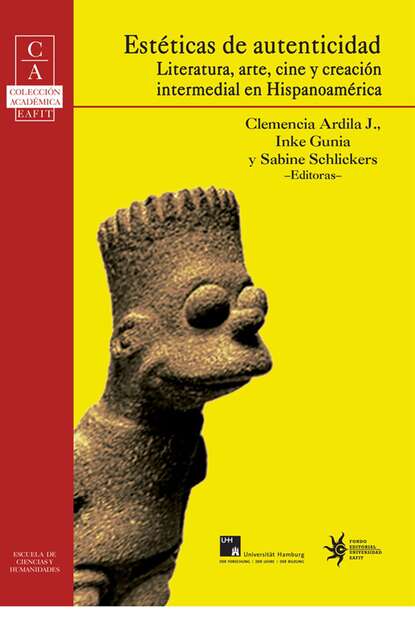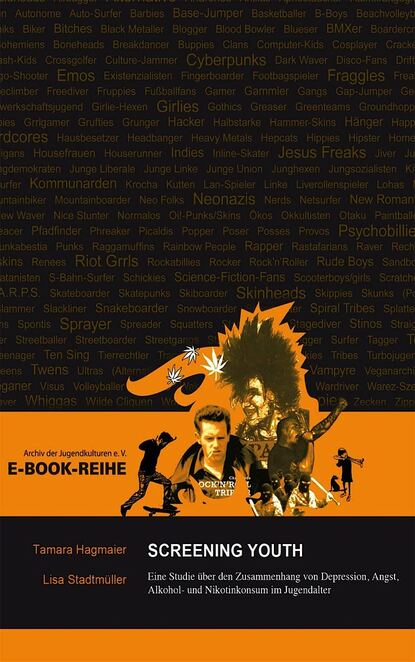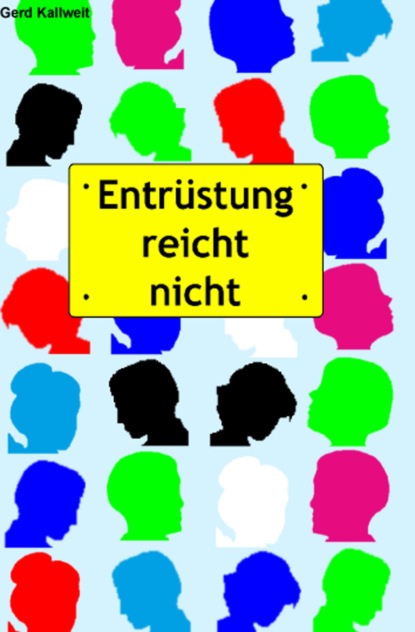Книга "Political Attitudes" посвящена проблеме моделирования политических явлений, которые проявляют сложную зависимость от контекста и традиционные подходы к исследованию которых оказались недостаточно эффективными. Авторы предлагают новый подход к моделированию, основанный на вычислительных методах, который позволяет более точно описывать и предсказывать политические явления. Книга рассматривает различные подходы к вычислительному моделированию политических явлений и показывает, как сложность этих явлений должна определять направление исследования и методы оценки. Особое внимание уделяется моделированию политических культур и политических отношений, а также различным моделям, используемым в области голосования, коллективных действий, идеологии и партийности, международных отношений и других областях. Книга предназначена для студентов, исследователей и экспертов в области государственной политики, которые интересуются новыми методами исследования политических явлений.
Я очень рада, что вы решили пообщаться со мной, но, к сожалению, я не владею языком, на котором вы говорите. Всегда рада помочь вам на русском языке.
Электронная Книга «Political Attitudes» написана автором Camelia Florela Voinea в году.
Минимальный возраст читателя: 0
Язык: Английский
ISBN: 9781118833155
Описание книги от Camelia Florela Voinea
Political Science has traditionally employed empirical research and analytical resources to understand, explain and predict political phenomena. One of the long-standing criticisms against empirical modeling targets the static perspective provided by the model-invariant paradigm. In political science research, this issue has a particular relevance since political phenomena prove sophisticated degrees of context-dependency whose complexity could be hardly captured by traditional approaches. To cope with the complexity challenge, a new modeling paradigm was needed. This book is concerned with this challenge. Moreover, the book aims to reveal the power of computational modeling of political attitudes to reinforce the political methodology in facing two fundamental challenges: political culture modeling and polity modeling. The book argues that an artificial polity model as a powerful research instrument could hardly be effective without the political attitude and, by extension, the political culture computational and simulation modeling theory, experiments and practice. This book: Summarizes the state of the art in computational modeling of political attitudes, with illustrations and examples featured throughout. Explores the different approaches to computational modeling and how the complexity requirements of political science should determine the direction of research and evaluation methods. Addresses the newly emerging discipline of computational political science. Discusses modeling paradigms, agent-based modeling and simulation, and complexity-based modeling. Discusses model classes in the fundamental areas of voting behavior and decision-making, collective action, ideology and partisanship, emergence of social uprisings and civil conflict, international relations, allocation of public resources, polity and institutional function, operation, development and reform, political attitude formation and change in democratic societies. This book is ideal for students who need a conceptual and operational description of the political attitude computational modeling phases, goals and outcomes in order to understand how political attitudes could be computationally modeled and simulated. Researchers, Governmental and international policy experts will also benefit from this book.
